The Power of Ergonomic Furniture for Neurodivergent Individuals
Preface: Hi - I'm Sam. The owner of Home Office Space. I put together this article after my own journey of uncovering an ADHD diagnosis only a couple of years ago. Some of it is factual (I had to look up articles and stuff), and some of it is purely the world from my perspective of past experiences.
All I can hope is that it helps someone, or opens some doors for others that might not have been possible before. And yes, *full disclosure* - I am tying this all into posture-supportive (ergonomic) furniture products that I highly recommend on our site that can help.
What is Neurodiversity?
The term "Neurodiversity" has become a lot more mainstream in the past few years (no really, check out the term "Neurodiversity" being Googled over time, below). But I generally think that's purely because people are becoming more aware, and more educated on a number of topics.
Use of Neurodivergent in search over time:
Neurodiversity generally refers to someone that has a differing in mental (neurological) function from what is considered "typical". Often that can refer to someone on the autistic spectrum, or other conditions like ADHD, Dyspraxia or Dyslexia.
Sometimes these are obvious, and sometimes not so much. It just means that some people's brains work a bit different to others, which is ok! Neurodiversity is a pretty large umbrella, and I can't talk to all of the conditions - only the one I have; ADHD.
"Neurodiversity describes the idea that people experience and interact with the world around them in many different ways; there is no one "right" way of thinking, learning, or behaving, and differences are not viewed as deficits"
-Nicole Baumer, MD, MEd & Julia Frueh, MD
ADHD (Attention-Deficit/Hyperactivity Disorder)
Part of my ADHD means I've got a tendency to overthink (like, a lot.. all the f**ing time), I can struggle with paying attention, or maintaining focus. I've also had experience with over-stressing (breaking out in sweats, or bouts of anxiety), and been massively impulsive.
However, on the flip side I've found I have a highly creative brain (I've thought of approximately 40 legitimate business ideas in the last few years), and the ability to hyper-focus on certain things when I get "in the zone".
After my diagnosis, I found myself taking Rubifen (a bit like Ritalin), and the effects were astounding. I was able to accomplish months of work in a matter of weeks. It was like I had become a bit of a machine overnight - I didn't even need to eat! I could just sit and work for 12 hours straight with no breaks. It amplified my hyper-focus. Not the most healthy way to do it, but man did it make me feel productive.
Now, I'm able to regulate much better by setting timers to remind myself to take breaks and eat, or do exercise. It's really about finding what works for you - I'm not trying to say "do it my way" or anything!
For those of you who are familiar with the TV show 'Scrubs', I massively relate to Zac Braff's character "JD" - the main character in which the show centers on. JD often zones out of conversations, has an over-active imagination, is constantly in his own head, causing a hilarity of awkwardness, anxiety, and in-head-skits. It makes for great TV.
After my diagnosis, I had an epiphany moment when I realized I was exactly like that (well, I'm not a doctor)!
Maybe the writers of Scrubs knew that JD had ADHD, though they never really played on it.
My mind was blown! I was constantly zoning out on conversations with people mid conversation, or avoiding awkward social situations due to anxiety or being nervous. I always daydreamed, which is where my incredible creativity and ability to absorb (mostly useless) information comes from, but I often struggled putting that into reality. It explains why I always left things until the last minute, late to a lot of appointments, and was generally pretty disruptive as a young kid.
People with ADHD face unique challenges when it comes to focusing, maintaining productivity, impulsiveness, and often procrastinate until the last minute (they work best under stress, or at least I do).
However, there are often over-looked solutions that can make a significant impact on their work environments. For example, the impact of ergonomically designed office furniture, and the physical environment one is in. I wanted to explore the transformative power of this type of furniture and how it can support individuals with ADHD in their home office space.
Ergonomic furniture, with its focus on promoting comfort, proper posture, and optimal support, can significantly benefit individuals with ADHD. Here's how:
Improved Focus and Concentration:
Ergonomic chairs and desks are designed to provide optimal comfort and support, reducing physical discomfort that can be distracting for individuals with ADHD. By promoting proper alignment and reducing strain on the body, these furniture pieces help create a more comfortable and conducive workspace, allowing individuals to focus better on their tasks.
Alternatively, for people who find they fidget or constantly struggle with task-switching, specially designed chairs with active bases (or rounded bases) that force you to constantly flex, adjust and move help you maintain your focus and concentration.
Minimized Sensory Distractions:
Many individuals with ADHD are sensitive to sensory stimuli, such as noise or visual clutter. Ergonomically-designed furniture and a clean workspace and environment can help minimize these distractions. For example, adjustable-height desks (aka sit-stand desks) allow users to find their ideal working position, while cable management systems help keep wires organized, reducing visual distractions. This enables individuals to create a calmer and more focused environment.
Enhanced Organization and Productivity:
Ergonomic furniture often incorporates thoughtful design features, such as built-in storage solutions and customizable setups. These features help individuals with ADHD keep their work area organized and clutter-free, promoting a sense of structure and aiding in task management. By reducing external chaos, individuals can better direct their attention to their work and improve productivity.
Health and Well-being Benefits:
Proper ergonomic support not only enhances focus and productivity but also contributes to overall health and well-being. Ergonomic chairs provide optimal lumbar support and encourage healthy posture, reducing the risk of musculoskeletal issues. Additionally, height-adjustable desks and workstations promote movement, allowing individuals to alternate between sitting and standing, which can enhance blood circulation and reduce restlessness.
In Conclusion
For individuals with ADHD or other neurodivergent backgrounds, creating a supportive home office environment is essential. Ergonomic furniture offers a holistic approach to improving focus, concentration, and productivity, while also prioritizing health and well-being. By investing in ergonomic chairs, desks, and accessories, individuals can create a workspace that empowers them to thrive and achieve their goals.
However, it's important to remember that while ergonomically crafted furniture can be a valuable tool, it is also important to seek professional guidance and support when managing ADHD symptoms if the impact on your livelihood is severe. Combining ergonomic home-office solutions with other strategies, such as time management techniques, regular breaks, personalized therapies and even medication, can lead to even greater success in overcoming challenges associated with ADHD.
If you or a loved one experiences ADHD or other neurodivergent conditions, consider exploring the wide range of ergonomically-engineered furniture options available. Create a home office space that fosters focus, productivity, and overall well-being, helping you unlock your full potential.
On a personal note, the only tips I can offer are from my own learned experiences. I've found that I need a clean workspace (or at least an organised workspace) to be able to work optimally. I take my Rubifen when I need to concentrate and get sh!t done. And I break my day up by regularly exercising in my lunch breaks and trying to keep a water bottle in close proximity. It gives me something to do, (in drinking water), and when I run out of water, it gives me a reminder that I need to get up and fill it, or go to the toilet. I constantly write to-do lists.
At one stage, my main to-do list consisted of three smaller to-do lists that I had on the go. I try do this at the start of the day - some people might call it 'goal setting' for the day. It's important to try different things, and figure out what works best for you. I still struggle to switch off from work when my wife brings our kids home from daycare, and I still struggle to overcome procrastination at times. I'm ok with that though. Part of my journey has been accepting that's just the way it is.
I really hope you learned something from this. It felt like a bit of a brain dump, but I genuinely believe in this and the products that we sell, and how they affect us long-term. I love connecting with people, so if you ever want to talk about shared experiences, I would love to hear from you and what you did to help you. Reach out to me via our contact form online, or at hello@homeofficespace.co.nz, or feel free to leave a comment below!
If you're interested in finding products that can help you in your work environment, check these out. I've used most of them in both corporate workplaces and in my home office space. Not surprisingly, I thoroughly recommend them.
Our Jari; Fangle activstools both have a rotating convex base, which helps you engage your core as you constantly flex and adjust to maintain your balance. While you focus on maintaining your position, it prevents you getting distracted, ultimately improving your productivity.
Products like the Arise Deskalator or Ergolator help convert your desk into a standing desk, allowing you to keep your existing desk, and can also be transferred to another work area.
The majority of our chairs have been hand picked because of their great features like back support, comfort, adjustability & flexibility. However, for those of us who have the ability to hyper focus and need to sit for long periods of time, I highly recommend any of the 24/7 chairs that we have in our range. These have been specifically designed to cater for long sitting periods and are extremely comfortable.
For more products, please check out our Ergonomic Range, or reach out to us for support with individual recommendations to suit your needs.
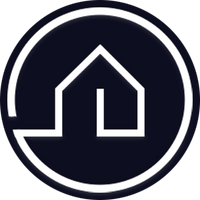
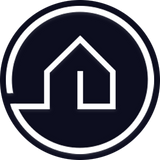
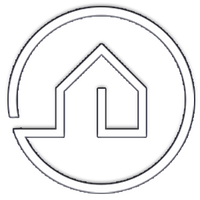
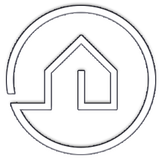
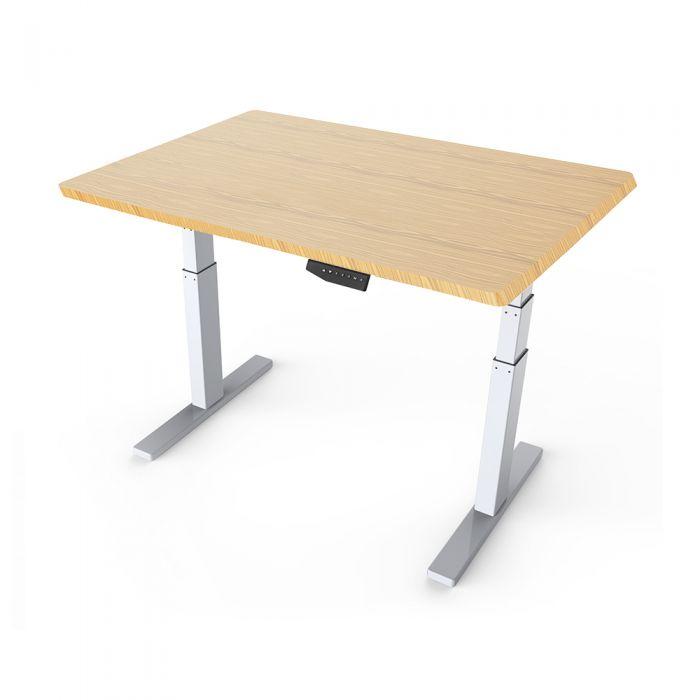
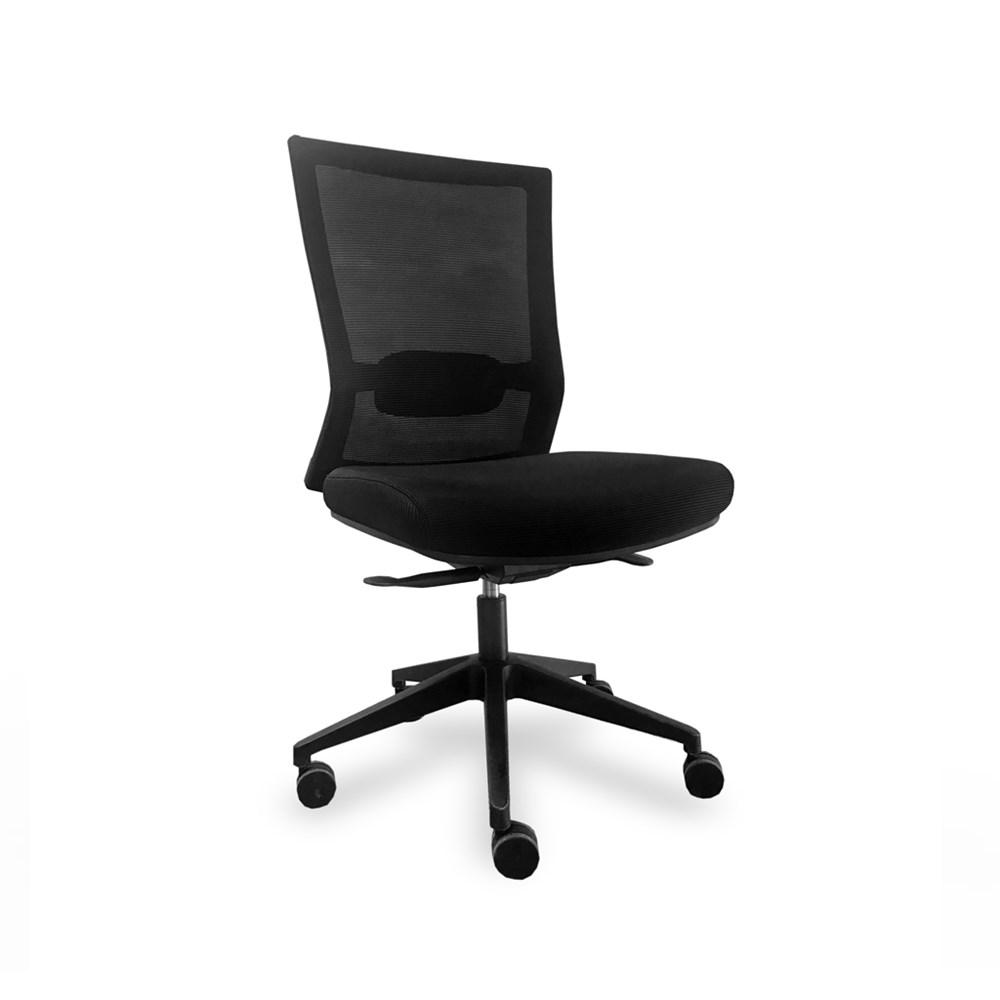
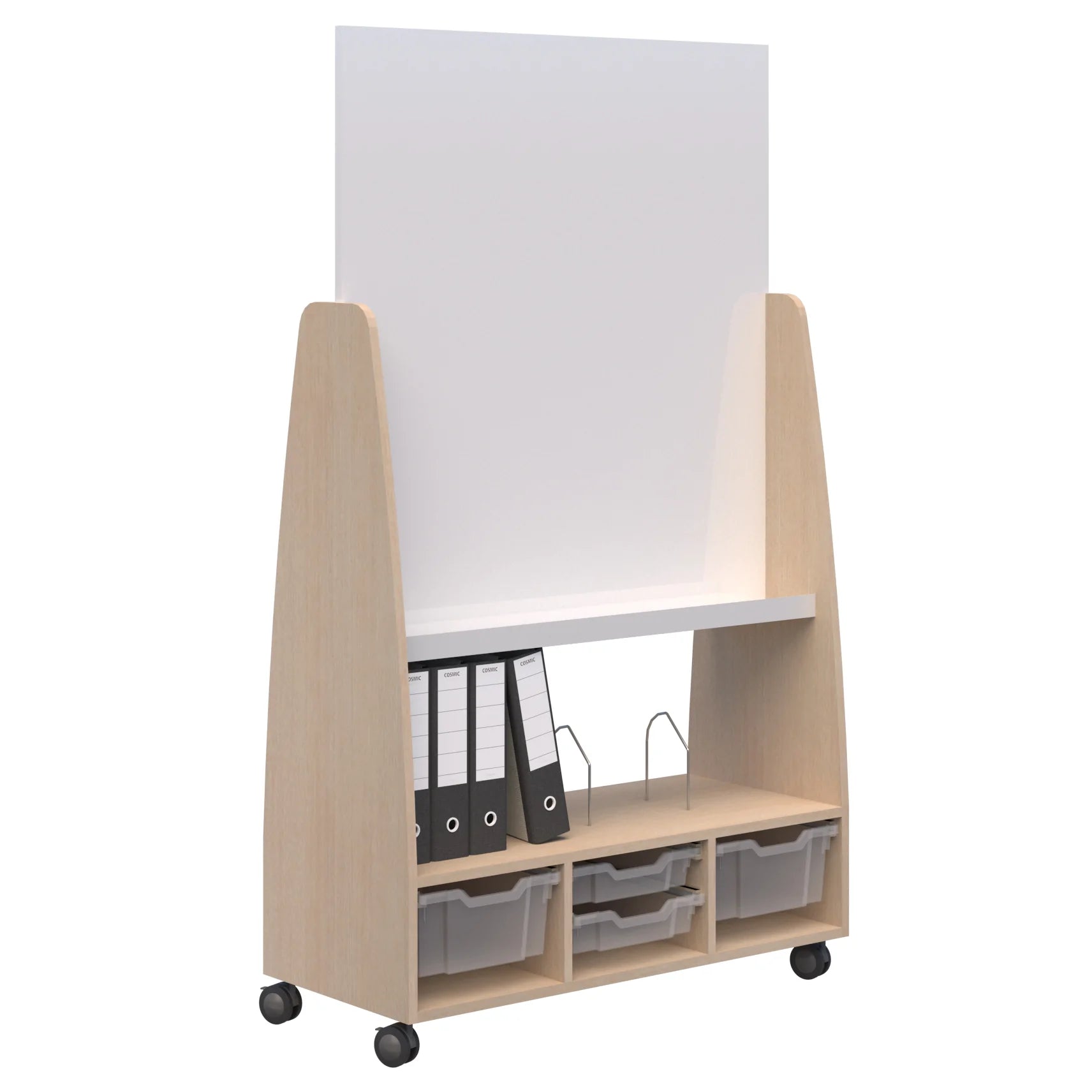
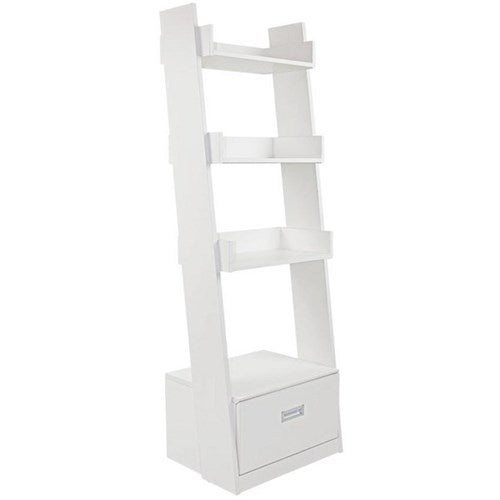
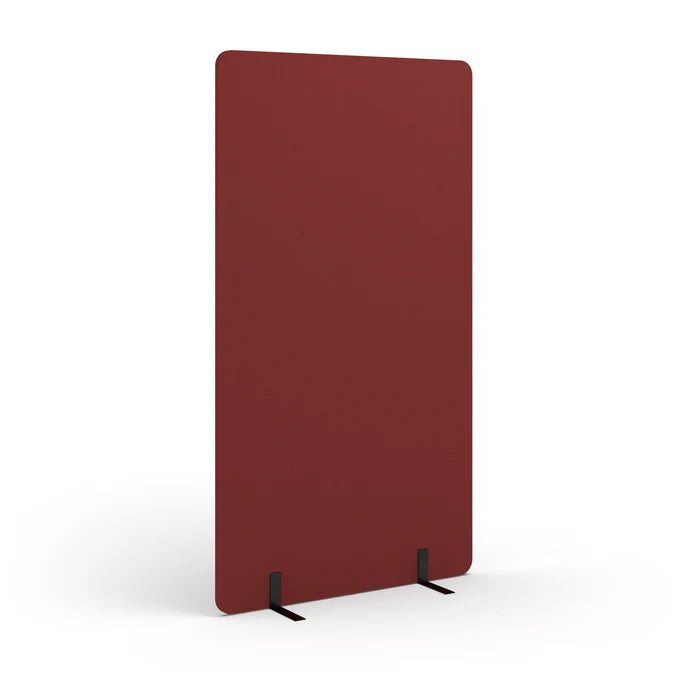
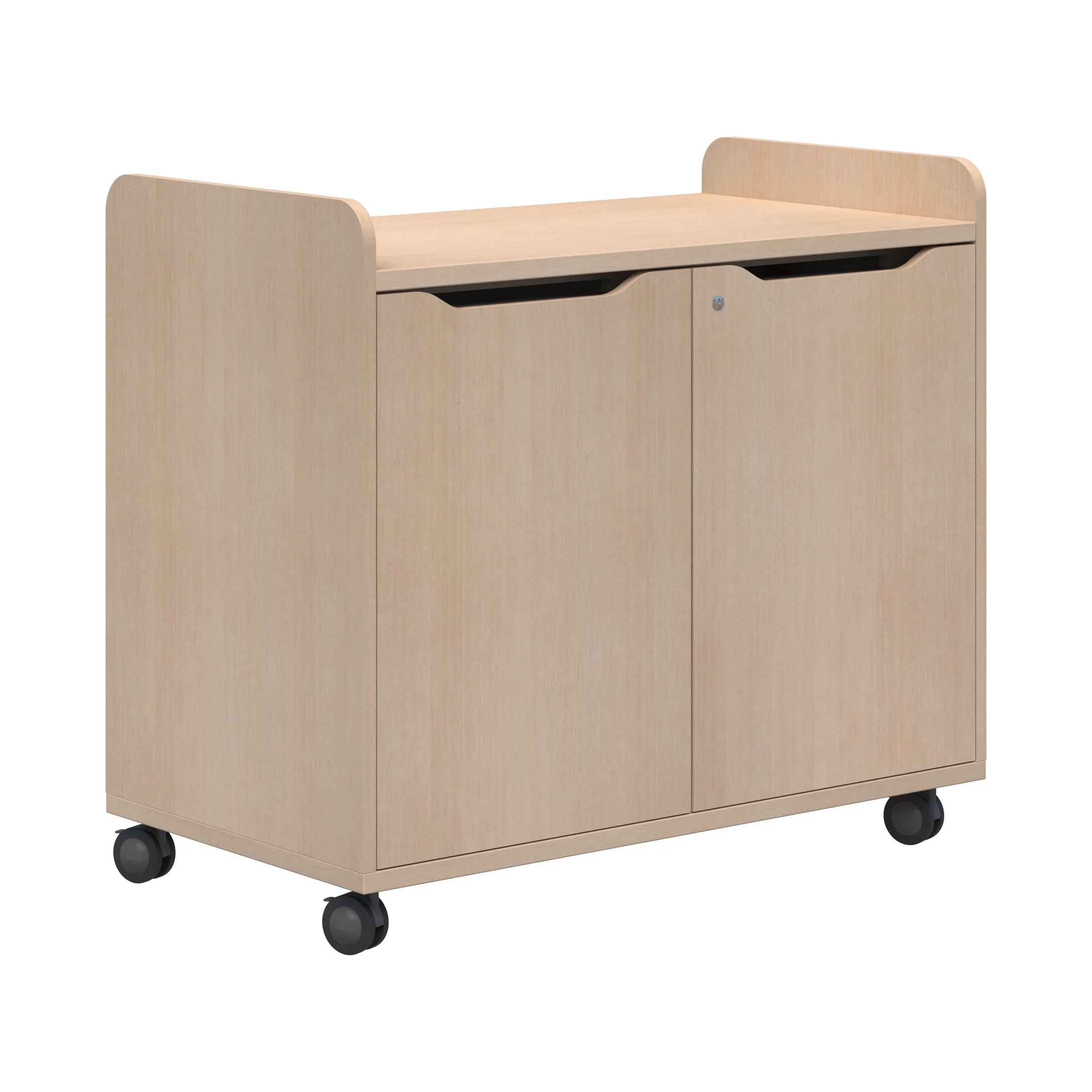


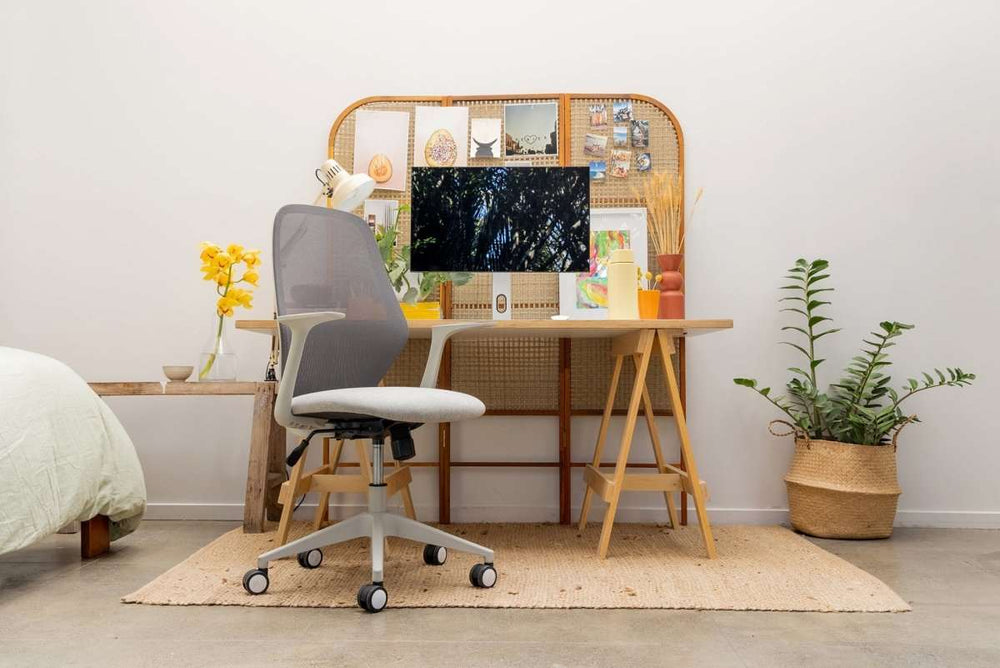

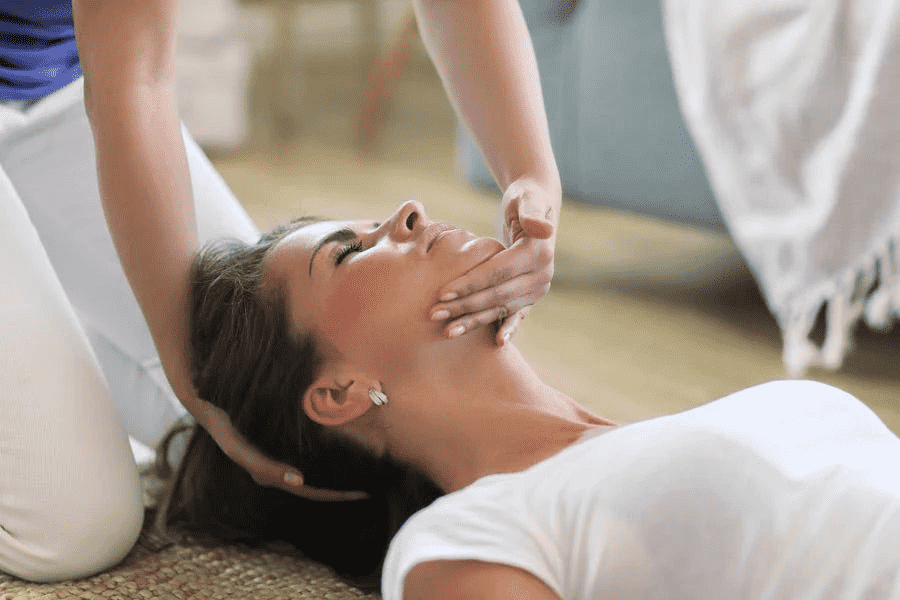
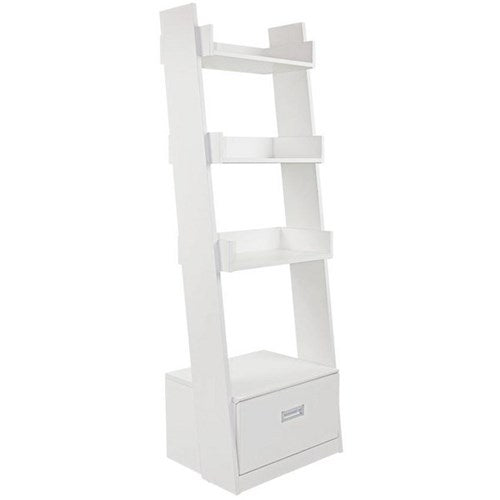
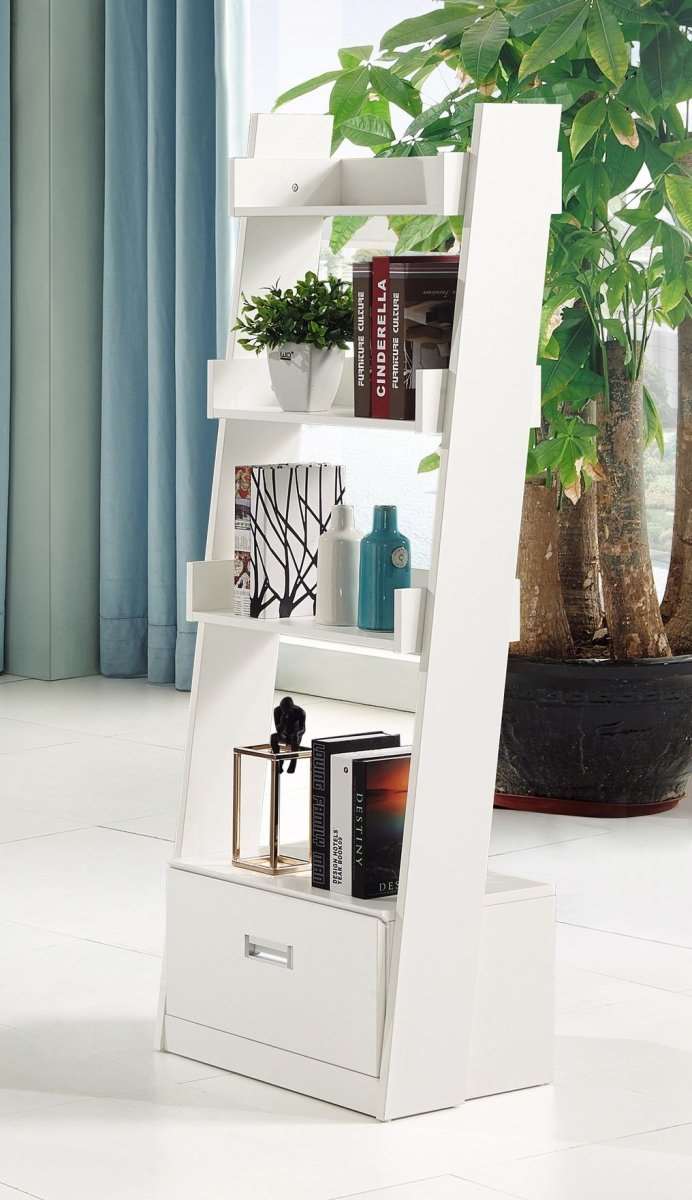
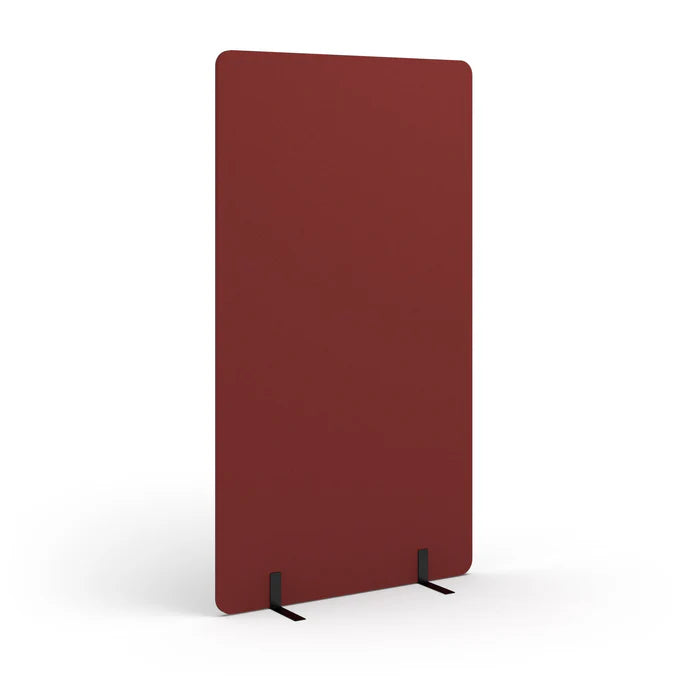
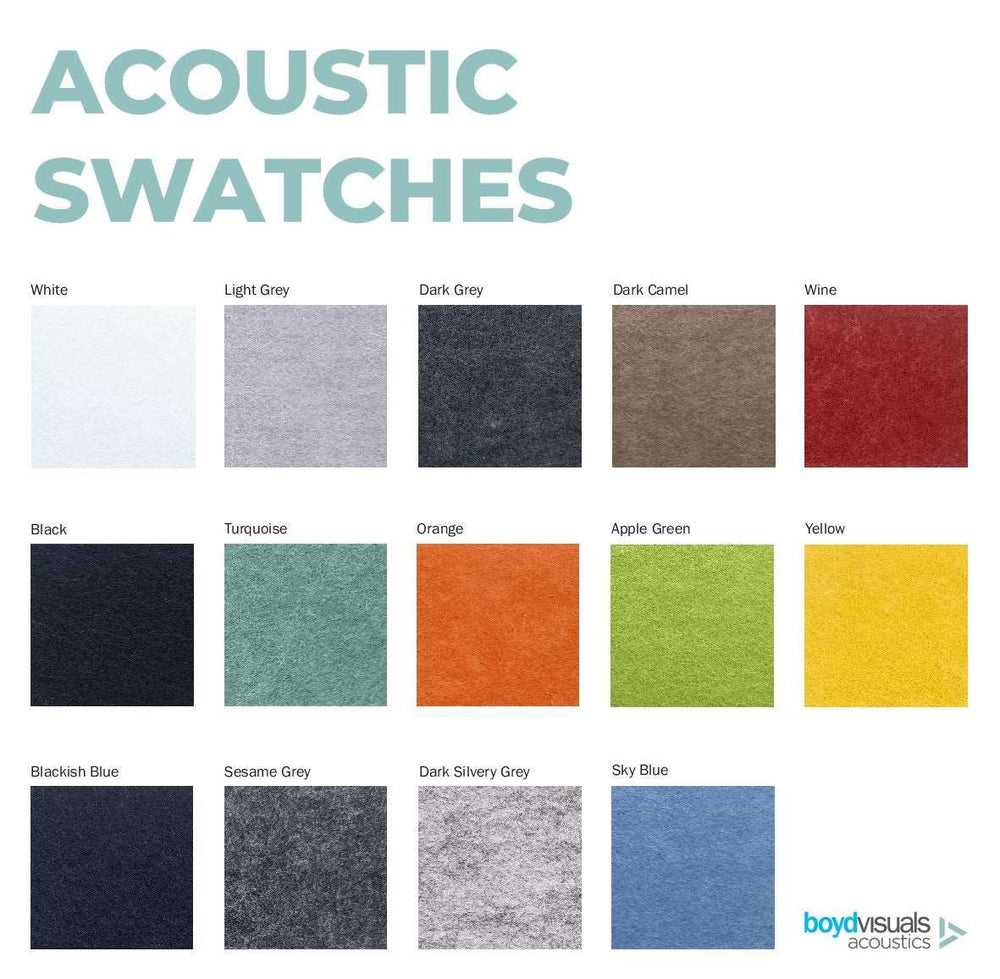
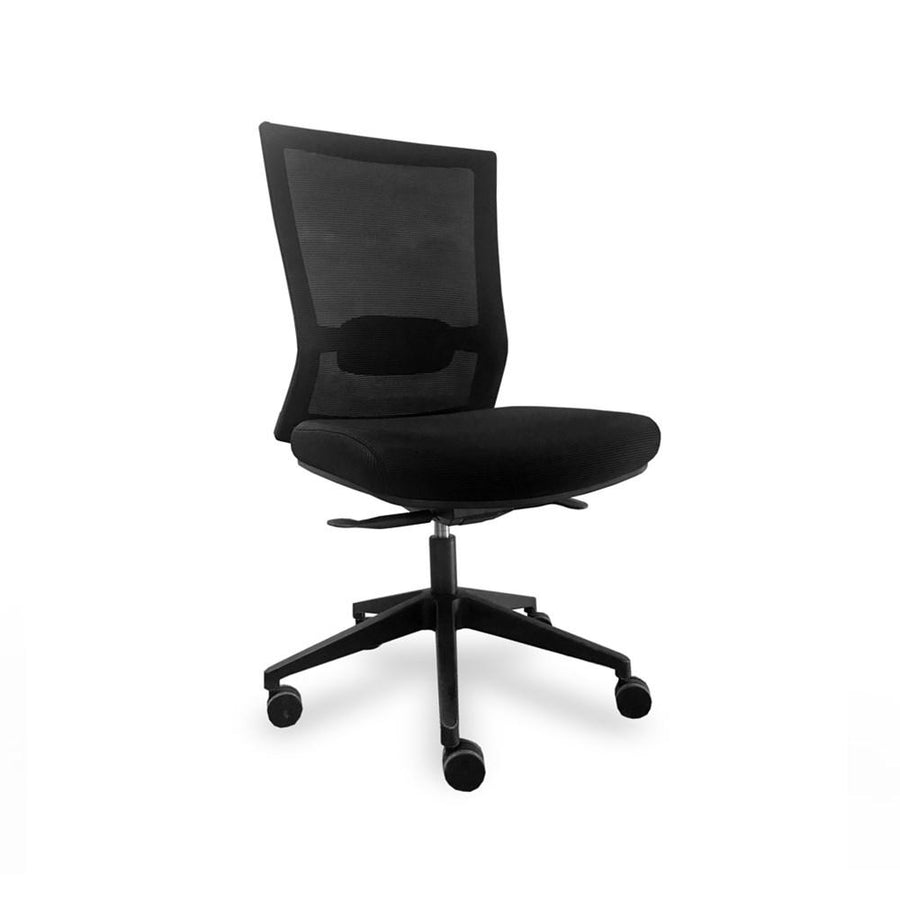
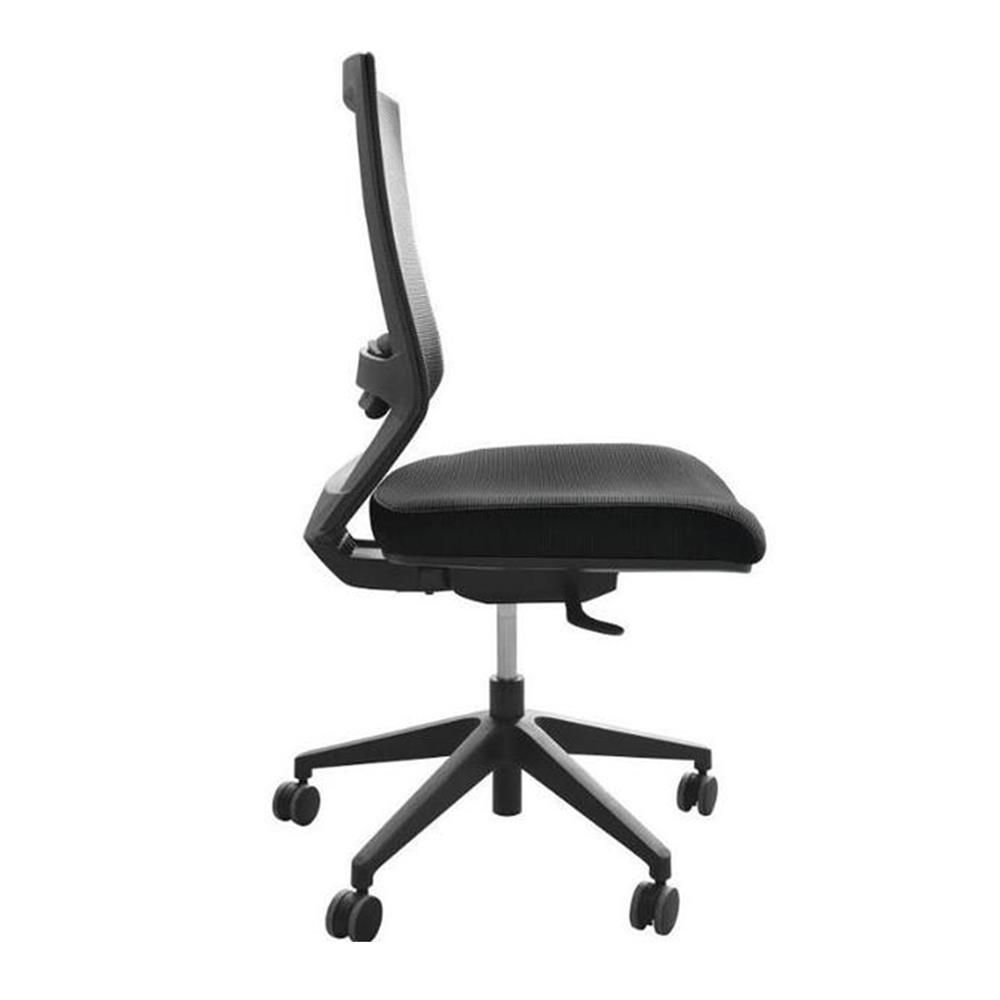
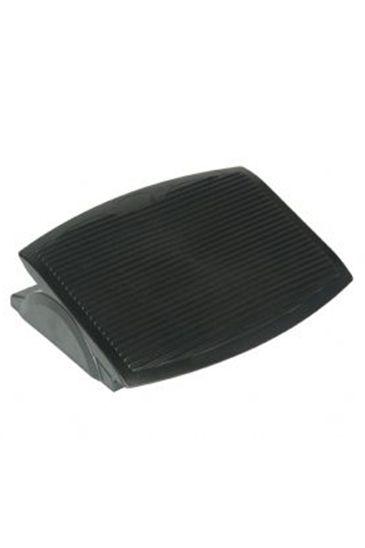
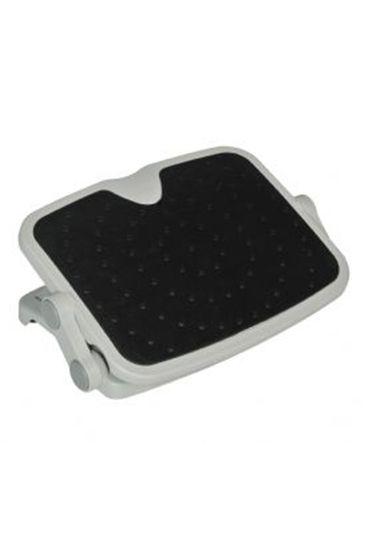


Leave a comment